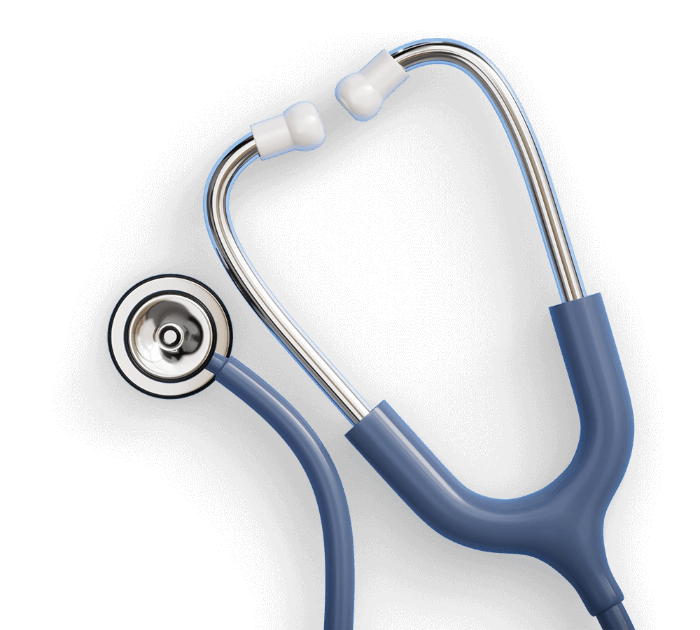Sick leave, commonly known as L4, is a document that allows an employee to take a break from work due to illness. It is not only an option, but also a right that can be exercised by people with health insurance. Although it is most often the case for contract workers, contract workers can also benefit from L4, under certain conditions. Furthermore, employees who have to care for sick children are also entitled to sick leave.
L4 is a form of health protection for both the employee and his or her colleagues. When we are sick, we should not avoid taking sick leave, because continuing to work in a weakened state does not benefit us - or the company, or ourselves.
When is sick leave due?
Sick leave can be obtained in various health situations. If our illness prevents us from functioning normally at work, we should consider L4. This could be due to an infectious disease, stomach problems, injuries or even pregnancy complications. Certain medical conditions, such as respiratory, osteoarticular or muscular problems, may also warrant a leave of absence. In addition, a doctor can issue an e-leave to people suffering from poisoning, cancer, as well as various other ailments.
What is included in sick leave?
On each sick leave there is a disease code, based on the International Classification of Diseases (ICD-10). This code is sent to ZUS, but is not visible on the copy of the document that the patient receives. The code can inform the doctor of what restrictions are in place for the patient during the sick leave - for example, whether the patient needs to be on bed rest or can go out for injections or other necessary appointments.
Remember, while you are on sick leave, you cannot work or undertake other gainful activities. The Social Insurance Institution and your employer have the right to control whether the leave is used as intended.
How long can you stay on leave?
Normally, sick leave can last up to 182 days, but in certain cases the period can be longer. For example, in the case of tuberculosis or pregnancy, L4 can be extended up to 270 days. In addition to this, employees are entitled to 14 days of sick care and 60 days for the care of children up to the age of 14.
Who can issue sick leave?
In Poland, sick leave must be issued in electronic form (e-ZLA). A doctor, irrespective of his or her specialisation, can issue such a sick leave either during a face-to-face visit or by telemedicine. The exemption goes directly to ZUS and the patient can monitor his or her profile on the Platform for Electronic Services (PUE).
Do I get paid on L4?
Yes, while on sick leave, you will normally receive 80% salary. The exceptions are pregnant women, people after an accident and organ donors - in these cases the salary is 100%. For the first 33 days, the remuneration is covered by the employer, after which the responsibility is assumed by the Social Security. The remuneration may be lower, e.g. in the case of hospitalisation without special indications, it is 70%.
